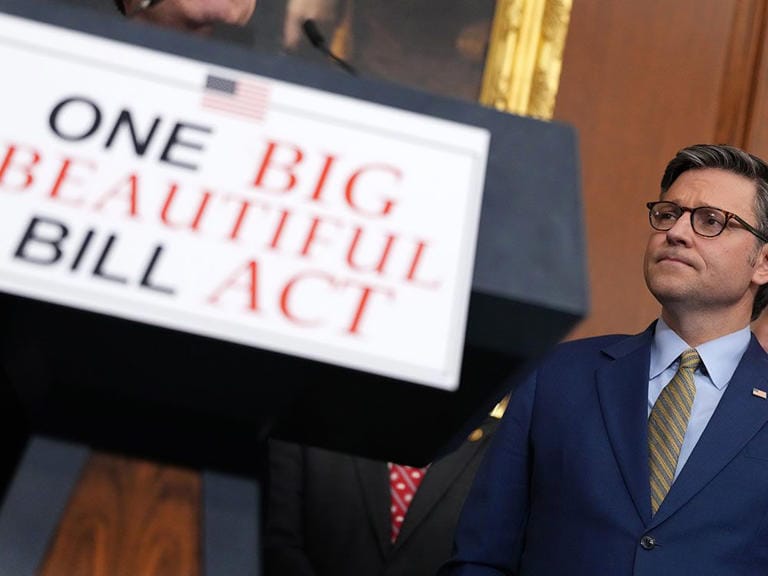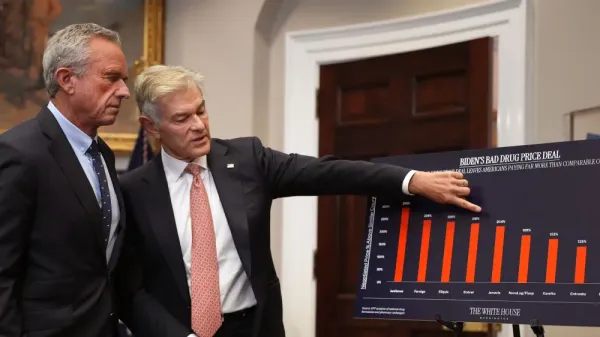The Ripple Effect: Congress's “Big Beautiful Bill” Impact on Employee Healthcare.

Executive Summary
The "One Big Beautiful Bill" (H.R. 1) currently under consideration in Congress proposes significant changes to the Affordable Care Act (ACA) marketplaces, Medicaid, and employer-sponsored health plans. Key provisions include the expiration of enhanced ACA subsidies, introduction of stringent administrative measures, implementation of Medicaid work requirements, and expanded flexibility for employer-sponsored health reimbursement arrangements (ICHRAs) and Health Savings Accounts (HSAs). These changes collectively present notable implications for both employers and employees. (Source: Vox)
Potential Impact on Employer-Sponsored Health Plans
Employers may experience several significant consequences:
- Increased Enrollment: Employees losing ACA marketplace or Medicaid coverage could shift to employer-sponsored plans, driving higher enrollment and costs.
- Cost Increases: An influx of previously uninsured or underinsured employees is likely to raise claim costs and premiums. (Source: AP News)
- Administrative Challenges: Employers must manage more frequent adjustments in employee eligibility and effectively communicate these changes.
- Expanded Use of ICHRAs: The bill promotes Individual Coverage Health Reimbursement Arrangements (ICHRAs), offering employers a potentially cost-effective alternative to traditional group health plans. (Source: Forbes)
- Enhanced HSA Flexibility: Higher contribution limits and broader eligible expenses for HSAs could encourage preventative care and fitness-related benefits.
- Growing Demand for Supplemental Benefits: Employees may seek supplemental options due to diminished ACA and Medicaid support.
Why This Could Work
Supporters argue these changes foster fiscal responsibility by tightening verification processes and eligibility rules, thereby reducing unnecessary government expenditures. Expanded ICHRAs and HSAs offer significant flexibility, empowering employers and employees to choose more personalized, cost-effective healthcare options. Additionally, new tax incentives for small businesses providing CHOICE arrangements could substantially lower the barriers for offering quality health benefits, making healthcare more accessible and sustainable. (Source: Forbes)
Why This Might Not Work
Critics warn these changes risk significant coverage losses, as similar Medicaid work requirements historically have led to increased uninsured rates without substantial employment gains. Reduced ACA subsidies could further exacerbate affordability issues, pushing healthcare out of reach for many lower-income employees. Furthermore, introducing new frameworks such as CHOICE arrangements could initially complicate administrative processes, potentially raising indirect costs through delayed preventive care and increased emergency care utilization, ultimately undermining employee health and business productivity. (Source: Washington Post)
Closing Thoughts
The "One Big Beautiful Bill" presents both opportunities and challenges for employer-sponsored health care. Employers must carefully weigh increased flexibility against potential administrative complexities and rising costs. Navigating these changes effectively will require strategic planning and agility—think less juggling chainsaws, more carefully choreographed acrobatics.
Need help evaluating how this policy direction could affect your plan? Let’s talk.



